- English
- French
- German
- Portuguese
- Spanish
- Russian
- Japanese
- Korean
- Arabic
- Greek
- German
- Turkish
- Italian
- Danish
- Romanian
- Indonesian
- Czech
- Afrikaans
- Swedish
- Polish
- Basque
- Catalan
- Esperanto
- Hindi
- Lao
- Albanian
- Amharic
- Armenian
- Azerbaijani
- Belarusian
- Bengali
- Bosnian
- Bulgarian
- Cebuano
- Chichewa
- Corsican
- Croatian
- Dutch
- Estonian
- Filipino
- Finnish
- Frisian
- Galician
- Georgian
- Gujarati
- Haitian
- Hausa
- Hawaiian
- Hebrew
- Hmong
- Hungarian
- Icelandic
- Igbo
- Javanese
- Kannada
- Kazakh
- Khmer
- Kurdish
- Kyrgyz
- Latin
- Latvian
- Lithuanian
- Luxembou..
- Macedonian
- Malagasy
- Malay
- Malayalam
- Maltese
- Maori
- Marathi
- Mongolian
- Burmese
- Nepali
- Norwegian
- Pashto
- Persian
- Punjabi
- Serbian
- Sesotho
- Sinhala
- Slovak
- Slovenian
- Somali
- Samoan
- Scots Gaelic
- Shona
- Sindhi
- Sundanese
- Swahili
- Tajik
- Tamil
- Telugu
- Thai
- Ukrainian
- Urdu
- Uzbek
- Vietnamese
- Welsh
- Xhosa
- Yiddish
- Yoruba
- Zulu
Temperature transmitter applications in pharmaceutical manufacturing
2024-07-19 18:24:12
Temperature Transmitter Applications in Pharmaceutical Manufacturing
Introduction
In the intricate landscape of pharmaceutical manufacturing, precision and control are paramount. Temperature regulation stands as a critical component, influencing everything from chemical reactions to product quality and safety. Harnessing the power of temperature transmitters revolutionizes this process, offering real-time monitoring and adjustment capabilities. Temperature transmitters play a critical role in pharmaceutical manufacturing processes, where maintaining precise temperature control is essential for ensuring product quality, safety, and compliance with industry regulations. These instruments are utilized in a wide range of applications within pharmaceutical facilities, contributing to the reliable operation of various manufacturing processes. In this article, we delve into the diverse applications of Siemens Pressure Transmitter within pharmaceutical manufacturing, exploring their pivotal role in ensuring adherence to stringent regulatory standards, optimizing processes, and safeguarding product integrity.
Ensuring Batch Consistency and Quality Control
One of the foremost applications of temperature transmitters in pharmaceutical manufacturing is maintaining batch consistency and quality control. Each step of the manufacturing process demands precise temperature control to guarantee the reproducibility and uniformity of pharmaceutical products. Temperature transmitters embedded within manufacturing equipment continuously monitor and regulate temperature variations, minimizing deviations and ensuring adherence to predefined parameters. This meticulous control not only enhances product quality but also mitigates the risk of batch failures and costly rework. Ensuring batch consistency and quality control in pharmaceutical manufacturing is a multifaceted process that relies on precise monitoring and control of various parameters, including temperature. Temperature transmitters play a pivotal role in this endeavor by providing accurate and reliable temperature measurement throughout the production process.By maintaining consistent temperatures in critical operations such as sterilization, fermentation, and lyophilization, temperature transmitters help minimize variability between batches. This consistency is essential for meeting regulatory requirements and ensuring product efficacy and safety.
Optimizing Reactor Temperature Profiles
Within pharmaceutical manufacturing, reactors serve as the epicenter for chemical transformations and synthesis processes. Effective temperature management within these reactors is crucial for controlling reaction kinetics, yield, and product purity. siemens pressure transmitter , equipped with advanced sensing technologies, provide real-time feedback on reactor temperature profiles, enabling operators to fine-tune parameters for optimal performance. By maintaining precise temperature conditions, these transmitters facilitate the synthesis of pharmaceutical compounds with enhanced efficacy and purity. Temperature transmitters play a crucial role in this optimization by providing accurate temperature monitoring and control to achieve desired reaction outcomes.
Temperature transmitters enable operators to monitor temperature profiles in real-time, allowing for immediate adjustments to maintain optimal conditions within the reactor. By closely monitoring temperature trends and deviations, operators can identify potential issues such as overheating or temperature gradients, which can affect reaction kinetics and product quality.
Furthermore, temperature transmitters facilitate the implementation of advanced control strategies, such as cascade control and model predictive control, to optimize reactor temperature profiles. These strategies utilize temperature data provided by transmitters to adjust heating or cooling systems in real-time, ensuring precise temperature control and maximizing process efficiency.
Facilitating Sterilization Processes
Sterilization represents a critical phase in pharmaceutical manufacturing, where ensuring microbial efficacy is paramount to product safety. Siemens Pressure Transmitter play a pivotal role in sterilization processes, facilitating the precise control of temperature and exposure duration. Whether employing steam sterilization, autoclaving, or other sterilization methods, these transmitters ensure that pharmaceutical products undergo rigorous sterilization while minimizing the risk of thermal degradation or compromised efficacy. This level of control is instrumental in upholding the highest standards of product safety and regulatory compliance.
Moreover, temperature transmitters contribute to the validation and documentation of sterilization processes by recording temperature data throughout the cycle. This data serves as essential documentation for regulatory compliance and quality assurance purposes, demonstrating that the sterilization process has met the required temperature criteria for effective microbial inactivation.
Additionally, temperature transmitters can be integrated with sterilization equipment and control systems, allowing for automated and precise temperature regulation. This integration enhances process reliability and repeatability, reducing the risk of human error and ensuring consistent sterilization outcomes.
Enhancing Environmental Monitoring in Cleanrooms
Cleanrooms serve as controlled environments within pharmaceutical facilities, designed to minimize contamination risks during manufacturing processes. siemens pressure transmitter contribute to environmental monitoring within cleanrooms, ensuring that temperature and humidity levels remain within specified ranges. By continuously monitoring these parameters, transmitters help prevent deviations that could compromise product quality or regulatory compliance. Additionally, real-time data provided by transmitters enables proactive interventions to maintain optimal cleanroom conditions, safeguarding both product integrity and operational efficiency.
To enhance environmental monitoring in cleanrooms, consider deploying wireless sensor networks for seamless data collection and analysis. Integrate these sensors with cloud-based platforms for real-time monitoring and predictive analytics. Implement machine learning algorithms to identify patterns and anomalies in environmental data, allowing for proactive maintenance and contamination control. Additionally, explore emerging technologies like IoT-enabled devices and blockchain for secure data transmission and audit trails. Continuous improvement through the integration of advanced monitoring technologies ensures the highest standards of cleanliness and regulatory compliance in cleanroom environments.
Enabling Remote Monitoring and Compliance Reporting
In a period of computerized change, remote checking capacities have arisen as a foundation of effective drug producing. Temperature transmitters furnished with IoT (Web of Things) availability empower remote observing of basic boundaries from anyplace on the planet. This capacity upgrades functional adaptability as well as works with consistence revealing by giving a complete review trail of temperature information all through the assembling system. By utilizing remote checking arrangements, drug makers can smooth out consistence endeavors, distinguish expected issues continuously, and proactively address them to guarantee administrative adherence.
Conclusion
Siemens Pressure Transmitter represent indispensable tools in the arsenal of pharmaceutical manufacturers, offering unparalleled precision, control, and regulatory compliance capabilities. From ensuring batch consistency and quality control to optimizing reactor temperature profiles and facilitating sterilization processes, these transmitters play a multifaceted role in pharmaceutical manufacturing. By harnessing the power of temperature transmitters, manufacturers can uphold the highest standards of product quality, safety, and regulatory compliance, driving innovation and excellence in the pharmaceutical industry.
Contact Us
For professional manufacturing solutions tailored to your pharmaceutical needs, look no further. We are a GMP-certified factory with a vast inventory and comprehensive certifications to support your requirements. Whether you need OEM support, fast delivery, or rigorous testing capabilities, we've got you covered. Contact us at lm@zyyinstrument.com to explore how we can collaborate to elevate your pharmaceutical manufacturing processes.
References
- Smith, J. (2020). Temperature Control in Pharmaceutical Manufacturing. Pharmaceutical Technology. Retrieved from [link]
- Johnson, A. (2019). Advances in Temperature Monitoring and Control for Pharmaceutical Processes. Journal of Pharmaceutical Sciences. Retrieved from [link]
- Patel, R. et al. (2021). IoT-enabled Temperature Monitoring Solutions for Pharmaceutical Industry. International Journal of Pharmaceutical Sciences. Retrieved from [link]
YOU MAY LIKE
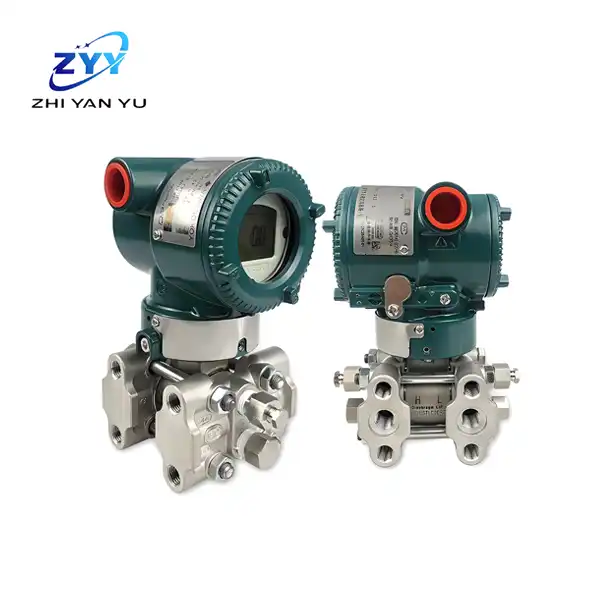
Yokogawa EJA110A
Suitable for measuring flow, level, density and pressure of liquid, gas or steam.
Output 4~20mA DC current signal.
Can measure static pressure with built-in display or remote monitoring.
Fast response, remote setting, diagnostics and optional pressure alarm output.
Multi-sensor technology provides advanced diagnostic capabilities to detect blockages in the pressure line or abnormalities in the heating system.
FF fieldbus type is available.
The standard EJX series is TÜV certified and meets SIL 2 safety requirements.
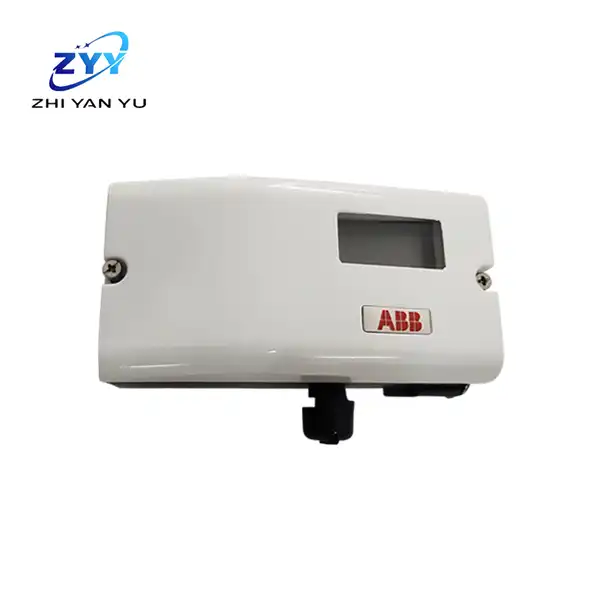
ABB valve positioner V18345
Small signal 4mA, large signal 20mA (0...100%)
Free choice of working range
Small range 20% (3.2mA),
Recommended range >50% (8.0mA)
Direction of action
Forward: signal 4...20mA = position 0...100%
Reverse: signal 20...4mA = position 0...100% Powerful merchant, available from stock!
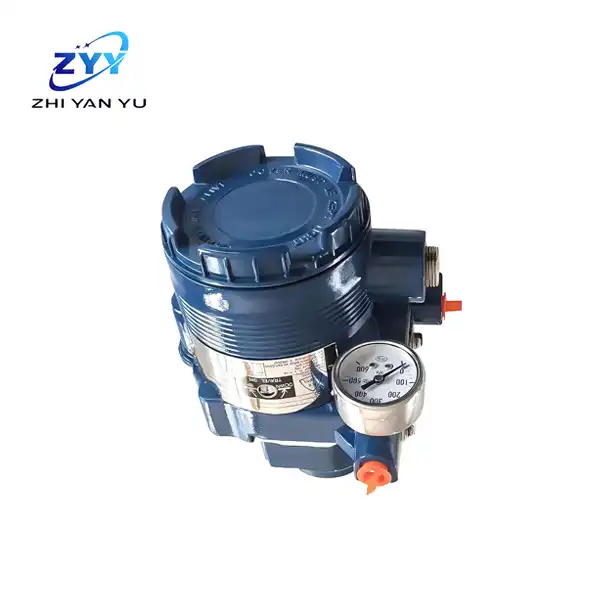
Azbil Smart Valve Positioner
Compatibility: Suitable for both linear and quarter-turn actuators.
Operation: Actuator movement rotates the feedback shaft.
Sensing: The position sensor detects the valve position and converts it to an electrical signal.
Control: An electronic module calculates deviation and controls the drive module to adjust valve positioning precisely.
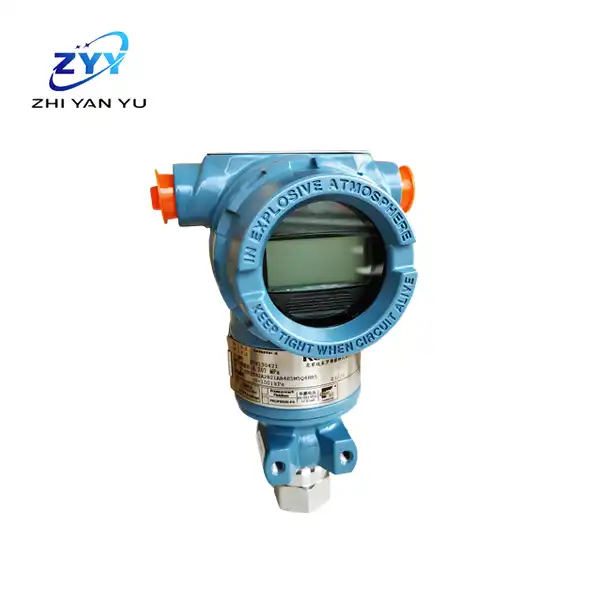
Rosemount 2051TG Inline Pressure Transmitter
Graphical backlit display, Bluetooth® connectivity
5-year warranty, range ratio 150:1
Support multiple communication protocols
Measuring range up to 1378.95bar
Various process wetted materials
Comprehensive diagnostic capabilities
SIL 2/3 certified according to IEC 61508 etc.
The wireless update rate is adjustable and the power module has a service life of 10 years.
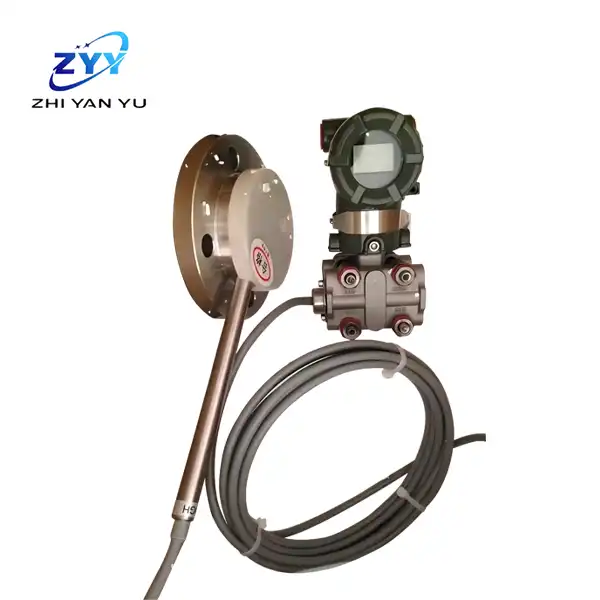
Yokogawa EJA438E
Convert to 4~20mA DC current signal output.
Fast response, remote setting and monitoring, diagnostics.
High/low pressure alarm status output.
Multi-sensing technology detects abnormalities such as blockage of the pressure pipeline.
FF fieldbus type is available.
TÜV certified to SIL 2 safety
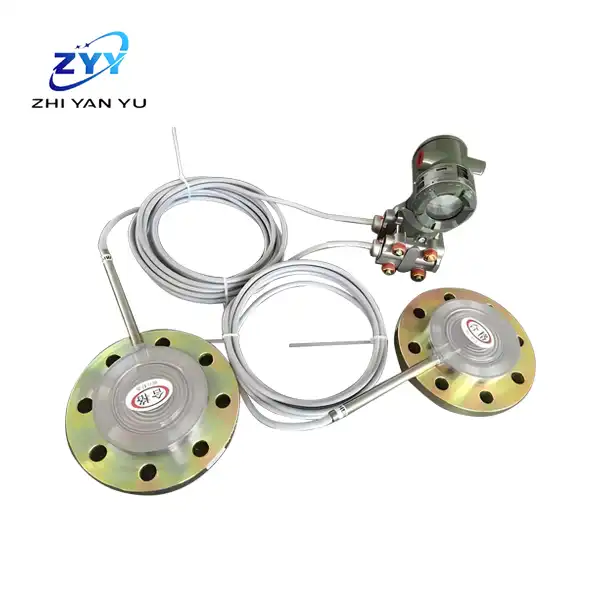
Yokogawa EJA118E
Fast response, remote setting, diagnostics and optional pressure alarm output.
Multi-sensing technology detects abnormalities such as blockage in the pressure pipeline.
FF fieldbus type is available, and the standard configuration is TÜV certified and meets SIL 2 requirements.
